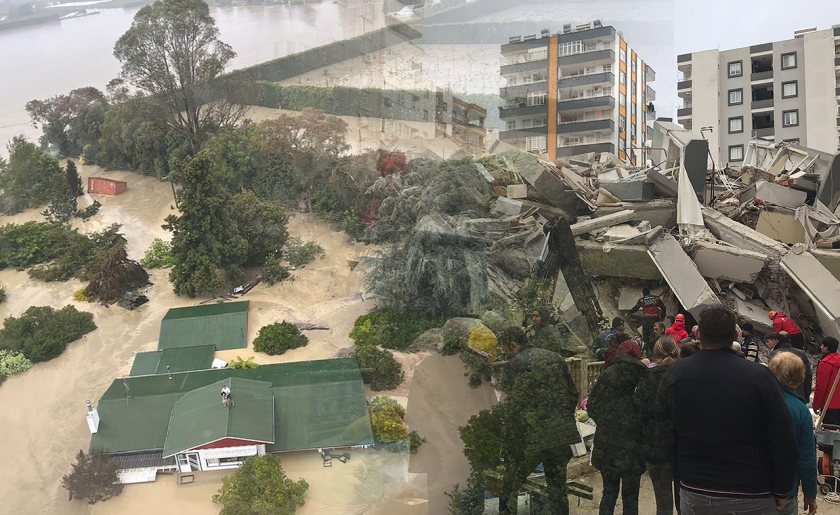Last week, Perils pushed its loss estimate for New Zealand’s Cyclone Gabrielle above the NZ$2bn ($1.2bn) mark – only a minor increase on its prior estimate but, considering the original take, a more significant hike.
The scale of the increase from the organisation’s first estimate for the Turkey earthquake to its third has also been similar, although, in this case, the collapse of the local currency has mitigated the impact on international reinsurers in USD terms.
That these events do not attract much attention among global (re)insurers, given the low sums in play on a USD basis, is unsurprising. They are readily affordable, even at the upper levels, and high proportional change is more likely on a low-cost loss in the first place.
Moreover, there is no suggestion the loss inflation is being driven by structural, problematic factors such as the excess litigation that follows Florida hurricanes. Last year’s leap in inflation is much more likely to be the underlying cause, along with supply-chain issues in serving remote countries such as New Zealand.
The flooding in Australia in 2022 also proved a testing ground for the impact of inflation on recent disasters and may have led some reinsurers to reserve for this year’s events more carefully.
Renewal narratives
However minor an irritant these losses are for global carriers, their impact is likely to have an outsized influence on the narrative heading into the 1 January renewals and add a thread to the web of factors that should sustain cat rates.
Any unexpected loss in international regions brings up questions around the trade-offs of low-cost diversifiers
That is because any unexpected loss in international regions brings up questions around the trade-offs of low-cost diversifiers and the fear of building ‘diworsification’ into portfolios.
In the case of the New Zealand cyclone, flooding also adds to industry concern around secondary-peril exposures, which has been an ongoing focus after major European floods in recent years, this year’s US convective-storm streak of losses and surprise events such as Winter Storm Uri.
For the Turkish loss, while earthquake risk is synonymous with the country in cat-modeller mindsets, the size of loss – for a non-Istanbul event – does pose questions around whether the industry has got a good handle on the scenarios for more urban disasters than this year’s temblor.
Meanwhile, it is still early to have a sense of how losses from this month’s Hawaii wildfires will develop, but many sources discussed it as another kind of event that is not “priced in”.
Resilience debates
In addition, the New Zealand loss is driving local debate that will be more broadly interesting for catastrophe-risk advocates to watch as a testing ground for how resilience in rebuilding can be taken forward after a major disaster.
The government has declared certain properties and areas unsuitable for rebuilding and said it will seek to design a public buyout scheme for impacted homeowners.
This is unlikely to reduce current insurer liabilities – the government suggested insurance payouts could be made to public entities where they are buying out a homeowner upfront – but it would be a positive for insurers in the longer term when it comes to avoiding future losses or client blowback from unaffordable premium increases.
However, these kind of programmes will inevitably be fraught with complication and disappointment.


